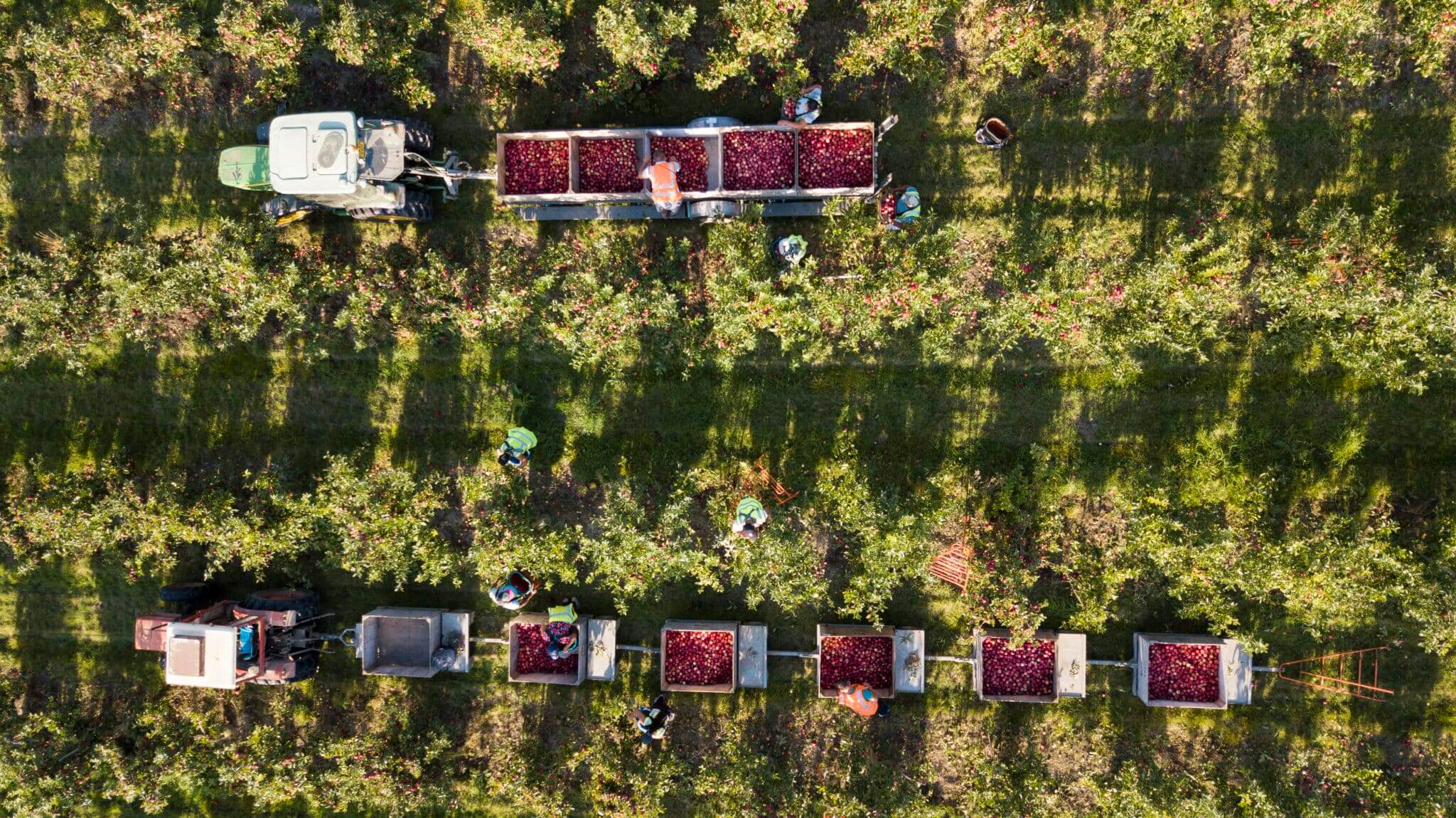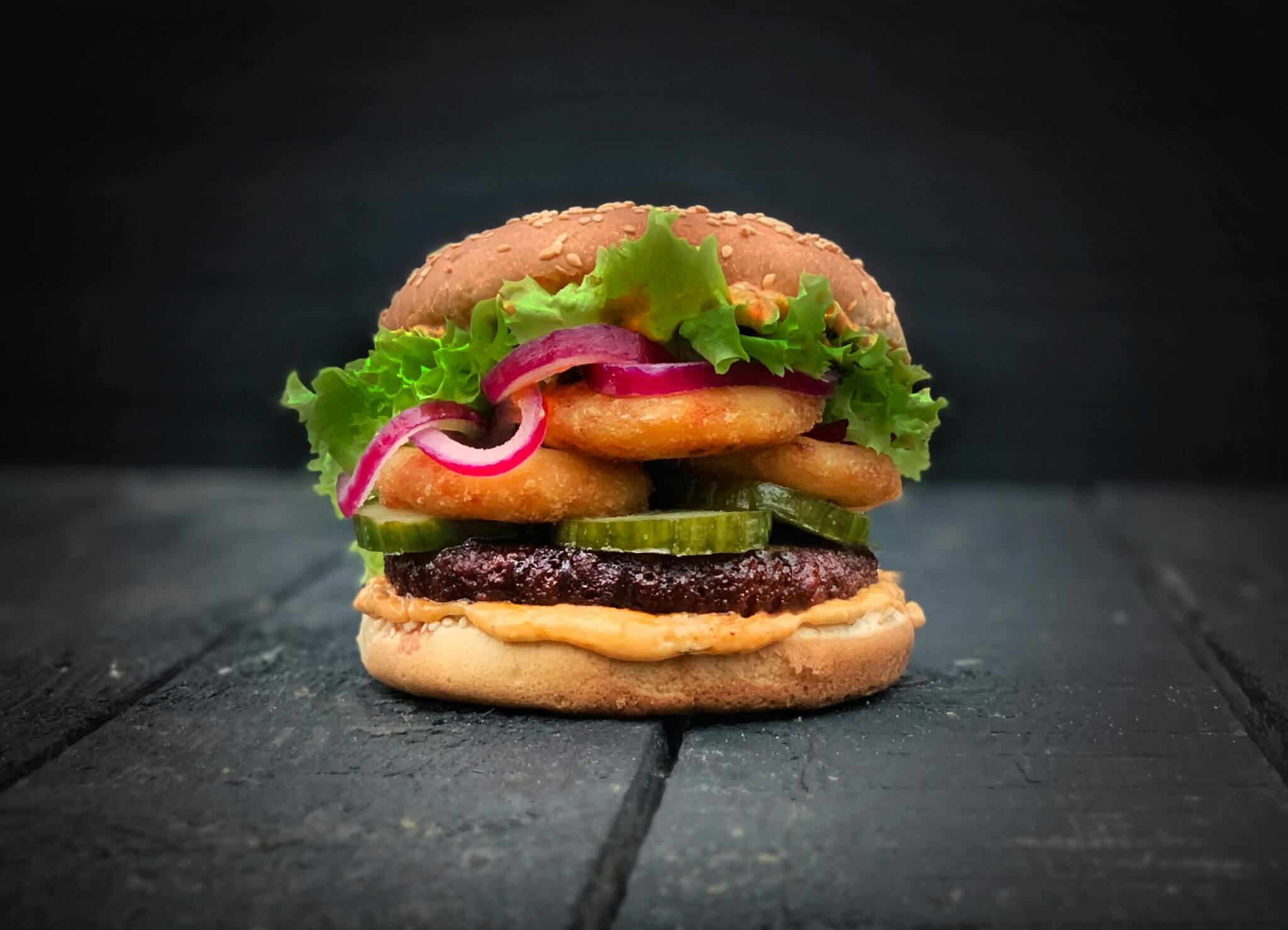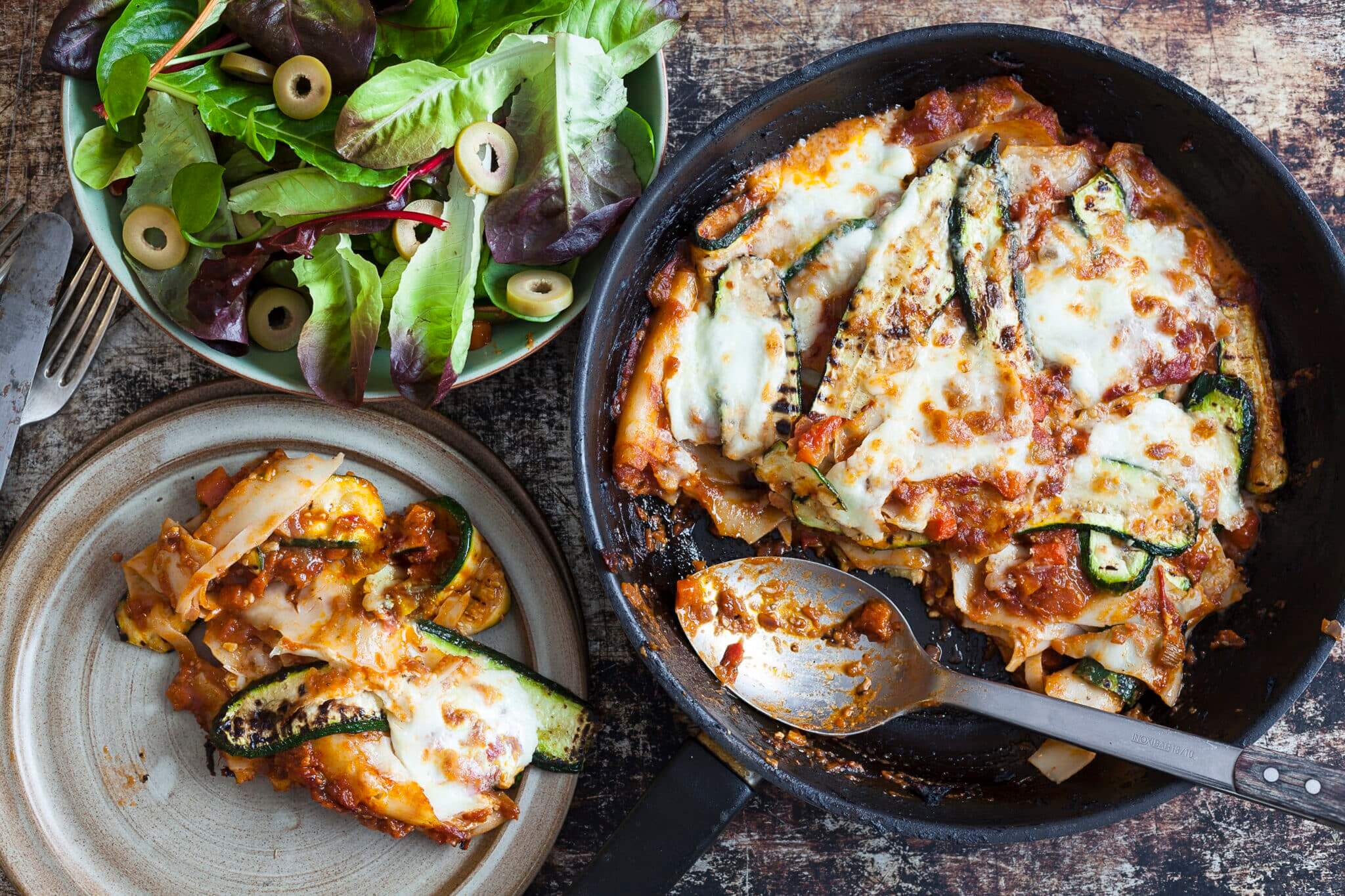Pressure is building on supermarkets and the government to find a way to balance rising costs, food prices and food security after multiple reports of UK farmers giving up in berries, apples, eggs and dairy.
Throughout the year, there have been stories of farmers struggling to make their businesses viable, many citing low or flat returns from supermarkets.
In apples, trade body British Apples and Pears said earlier this year that growers had cancelled orders for new trees, while apple grower Paul Ward told Wicked Leeks that many around him in Kent are selling orchards to developers.
In berries, strawberry prices went up by an average of 11 per cent last year, while growers reported that their prices from supermarkets have not increased, and said they are buying fewer plants for next season as a result. British blueberry growers said they are also giving up or reducing their acreage as they’re not able to compete with cheaper Peruvian exports.
An investigation by the Competition and Markets Authority recently found supermarkets are “not profiteering” from food inflation. Morrisons and Tesco have also both announced they will pay millions to farmers to help cover costs this year. But speaking to the BBC’s Farming Today programme, trade journalist Kevin White said: “It’s good PR but the question is why weren’t you paying your producers a fair price previously, particularly in eggs.” In dairy, the Food Ethics Council (FEC) said it has heard reports of farmers leaving organic farming to focus on intensification and higher yields to cover low prices.
Alongside this, the FEC said farmers have reported bullying tactics by milk processors.
It comes as a new report by the cross party committee for environment, food and rural affairs (Efra) warned that the government’s approach to food is “incoherent” and does not take into consideration the difficulties faced by farmers, or the cost of poor diets to the NHS. Chair of the committee, Sir Robert Goodwill, said: “Food security matters to us all. It is vital to farmers; it is vital for every citizen to have a square meal at a reasonable price. But surprisingly, the government does not appear to be taking this very basic matter anywhere near seriously enough.”
Elsewhere, a summer of extreme heat and drought in Spain and erratic weather across Europe has served as a reminder of the disruption to supply chains as climate change takes hold. Writing recently, founder of Riverford, Guy Singh-Watson, said: “Rather than assuming that we can buy our way to food security in a fragile global market, we need to invest in the infrastructure that will reduce the disruption ahead.”
Others are hopeful that the impact on British farmers and the issues affecting global food will start to prompt action. Head of farming at campaign group Sustain, Vicki Hird, said: “The good news is that a growing body of evidence, and some better food traders, are sparking MP inquiries and the media spotlight on this hidden but harmful set up. For us to have a resilient, healthy, and fair UK food system, adaptable to the climate challenges ahead, this has to change.”
This news story was originally published in the latest print issue of Wicked Leeks, out now. You can order a copy of the magazine with your Riverford order or read online.













I hope our farmers do listen and grow our food here in the UK.
Also not sure if this is untrue, but I heard that some farmers have been offered matching money earned from growing food crops, to grow grass only by the government. Anyone know of this.
Don’t forget to sign Guy Singh-Watson’s petition for supermarkets to treat British farmers fairly:
https://petition.parliament.uk/signatures/136802767/signed